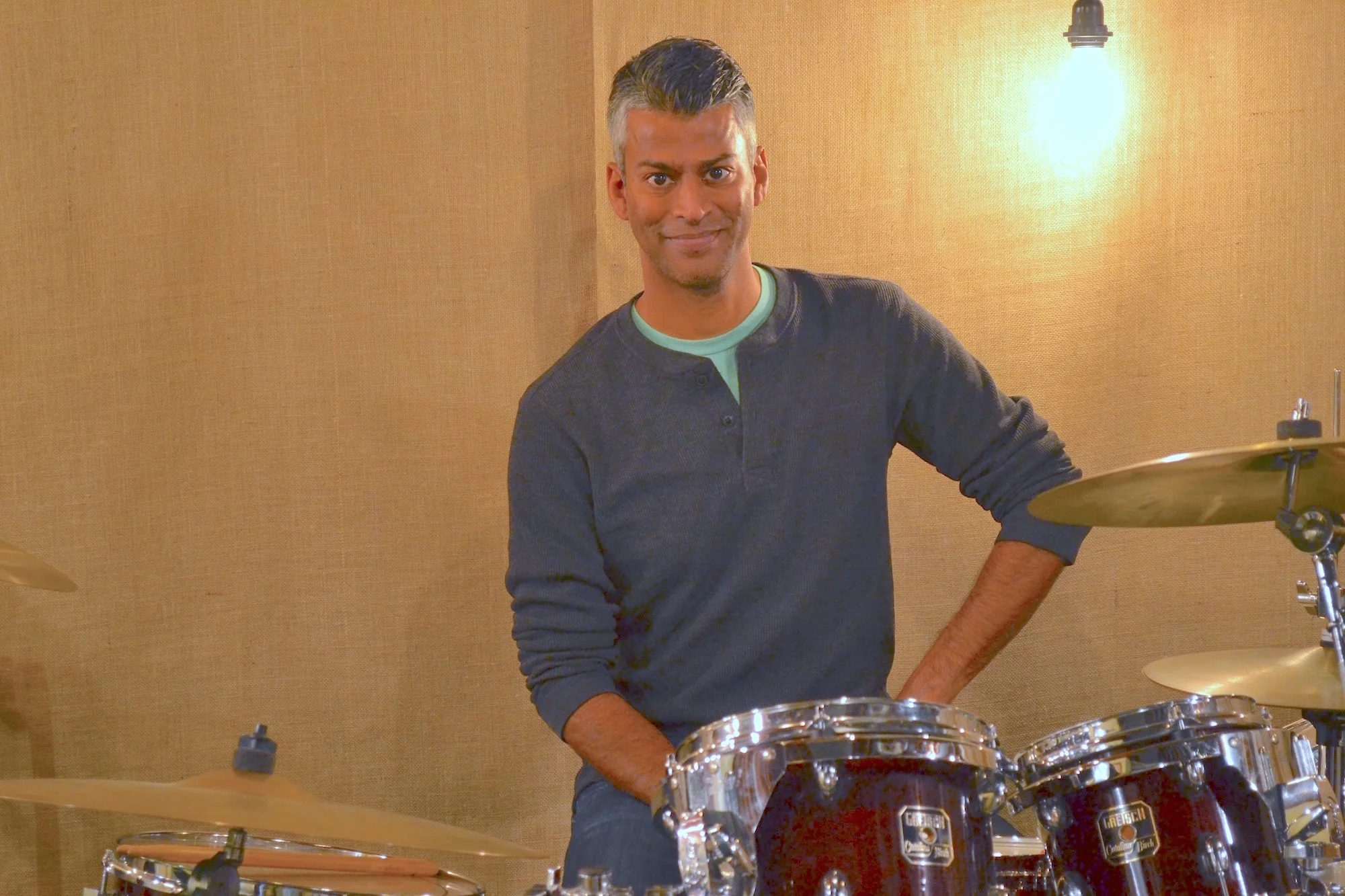Profile on Clean Agency with Seri McClendon
What was the inspiration for starting Clean Agency?
Back in 2002, I graduated from CSULB with a Masters of Industrial Ecology, the discipline and study around product Life Cycle Assessment. LCA calculates several environmental impacts of products and packaging from extraction of materials, manufacturing, distribution, and product use, through end of life. LCA was a fairly new field at the time I was studying it, especially in the U.S., and I was fascinated by the concept.
My previous undergraduate work here in L.A. was in marketing, advertising and packaging. I wanted to combine those two worlds to challenge my marketing clients to see how their products and packages could benefit from LCA and design innovation.
So Clean Agency was born sixteen years ago. I have had the opportunity to offer LCA guidance to an elite roster of clients including Caesars Entertainment, Cisco, Reformation, Nestle and Gerber. Clean agency also provides other sustainability consulting services including benchmarking, goal setting, corporate social responsibility reporting, and educational workshops.
Tell us about how doing good for the planet is a key part of your company’s philosophy.
Our work is really focused on the environmental side of sustainability. Through the years, Clean has internally offered a place for our employees to practice what they have studied so hard for in the real world. Employees are given corporate benefits, ongoing training, and are paid for volunteer hours. By offering this company culture that is in line with the practices we educate our clients on, we can stand by the fact that we practice what we preach. Additionally, we are currently working on becoming a “B” Corp-rated company and hope to complete that process in 2018.
The Clean model emphasizes that LCA, when you look through your manufacturing process and supply chain through a “green” lens you almost inevitably find significant cost savings. These savings are typically energy, water, waste and packaging materials that can significantly reduce environmental impacts, especially within a large corporation.
We have watched as the consumer marketplace rapidly changes — as millennials and their followers vote for their values with their purchases — traditional brands are scrambling to keep up to more conscious brands as customers demand more transparency. Clean provides value when we can help these brands with a long-term sustainability strategy they can share with stakeholders that include employees, customer, shareholders and suppliers.
What role does community play in inspiring, starting or helping your company grow?
Personally, I have lived in L.A. for 25 years and I love it. The diversity, creatively, culture and size make it an important place for Clean to have launched. It’s also important to note that Southern California is a leader in sustainability. So many organizations and companies here are changing for the better.
The diversity of our staff and consultants makes Clean much more competitive because these experts bring a global perspective to many of issues including pollution, climate change and sustainable growth issues.
Our offices are downtown at Impact Hub LA, which supports entrepreneurial social impact centric organizations of all kinds. Through this network I have developed an incredible support system. I also work to connect with other women-owned businesses. We all make a big effort to help each other.
What obstacles or challenges have you had to overcome, particularly considering things like social and environmental impact or running a small business?
My biggest challenge is the corporate sustainability world moves slowly. We started at a time when it was just in its infancy, at least here in the U.S. Much of our work was around education and convincing our clients the value of our expertise. It’s a challenge because within the competitive space you don’t necessarily lose your projects to another competitor you lose it to the client just not doing the project. That was a big lesson for me coming from the marketing world.
Our work is science-based and people’s eyes often glaze over when I explain what we do. I am constantly working to get people excited about improving the environment. It can be intimidating to people not familiar with the space.
My small business challenge is starting a company with a concept that is my passion but realizing that, as it grows, I sometimes get farther and farther away from the work I love because I am focused on the responsibility of business development, finance, HR. Small business owners wear all hats even when we are not necessarily good at or passionate about all of the administrative aspects of the business. Lacking the financing to build a star team is frustrating. This is very common in most small businesses.
What’s next for The Clean Agency?
I have been thinking about this a lot recently because we have been through so much over 16 years, including the great recession. Business is so different today with technology and virtual team building I think this is the best time for Clean. If I can continue to do the important work I am so passionate about and have strong team in place, I will to run the company for many years. From speaking with my colleagues, there is a feeling that this market will begin to grow rapidly based on the new market demands. I still love it after 16 years!







